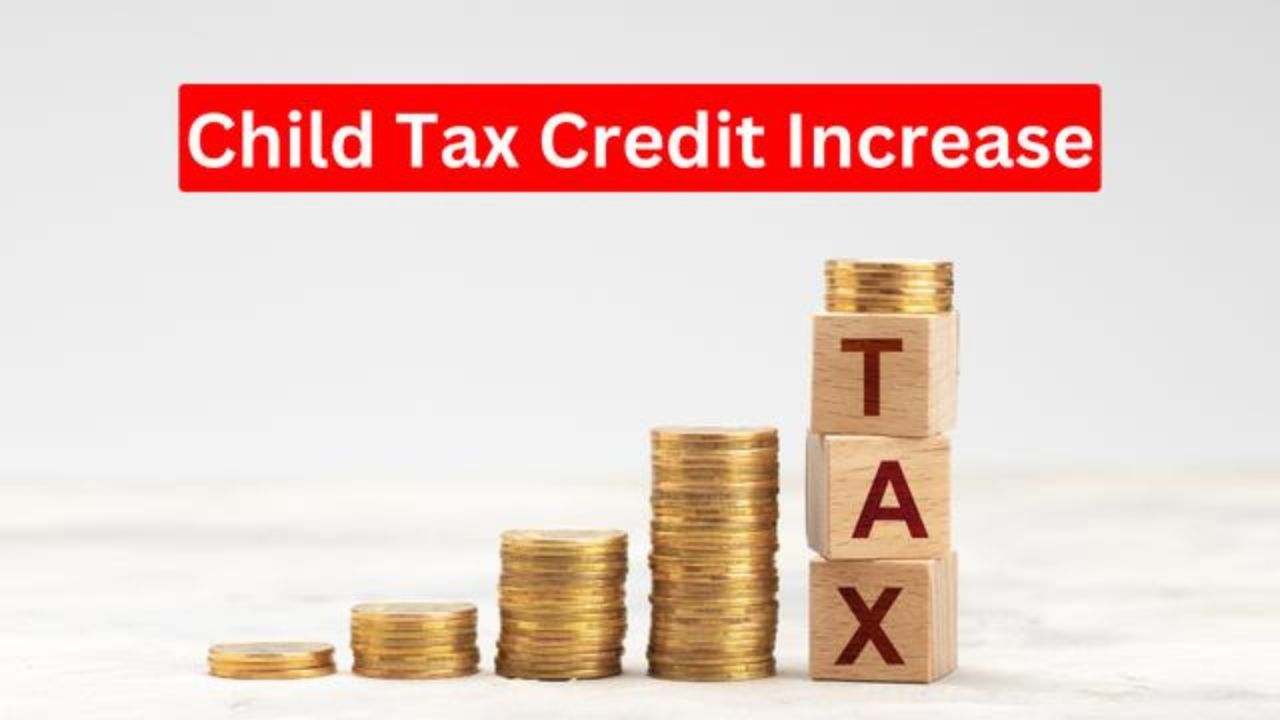Parents in the United States will benefit greatly if a bipartisan bill unveiled Tuesday passes law. The idea may have a difficult time passing, but the approximately $78 billion in tax savings would also go toward increasing the company and child tax credits. The leaders of the two most influential tax policy committees, Rep. Jason Smith (R-Mo.) and Sen. Ron Wyden (D-Ore.), made the announcement. Smith chairs the House Ways and Means Committee.

What Advantages Will I Have?
Only over 75% of the $2,000 child tax credit, or $1,600, is refundable at tax time. Nonrefundable tax credits may only be used to settle tax debt; any residual credit will be lost. Refundable tax credits, on the other hand, are still paid out in cash if a person’s tax liability is lowered to zero.
The maximum refundable child tax credit would rise to $1,800 for 2023 tax returns, $1,900 for the subsequent year, and $2,000 for 2025 tax returns under the proposed law.
According to the IRS, you can claim the child tax credit if you have a kid whose Social Security number is good for employment in the United States. To file taxes for 2023, an eligible dependant has to:
- Not turn 17 by the end of the year
- Be your brother, sister, stepsister, half-brother, half-sister, eligible foster kid, son, daughter, stepchild, or a descendant of any of these (grandchild, niece, nephew, etc.).
- Give no more than half of their funds for the entire year.
- Have spent more than half the year residing with you
be correctly claimed as your dependant on your tax return; not submit a joint return for the tax year with their spouse; or file it to get a refund of any anticipated taxes paid or withheld from income
possess been a citizen, national, or resident alien of the United States - The child tax credit also has an earnings restriction; parents who make more than $200,000 ($400,000 if filing jointly) may only be eligible for a half credit rather than the total 2023 Child Tax Credit. Low-income households would be the primary beneficiaries of the measure.
“This plan will benefit sixteen million low-income children, and in the current unfavorable political environment, it’s a great opportunity to enact pro-family legislation that supports the upward mobility of so many children,” Wyden stated.
The American Rescue Plan increased the child tax credit during the COVID-19 pandemic from $2,000 to $3,000 for children over six and $2,000 to $3,600 for children under 6. Legislators permitted the extended benefits to expire at the end of 2021, a year in which a significant decline in child poverty was attributed.
The proposed measure would enable businesses of all sizes to deduct research and development expenditures immediately instead of over five years and assist parents and company owners. Additionally, it would allow companies to remove machinery, equipment, and technology purchases altogether. Further, the law will enable you to determine how much you may deduct from your borrowing.
The deal’s funding would come from an expedited termination of the COVID-era program, which gave companies tax advantages for maintaining payroll.
Will this Year’s Tax Cuts Benefit Me?
Wyden wants the law approved so people and businesses may benefit from it during the upcoming filing season.
Since January 29 is when the Internal Revenue Service will start taking and processing tax returns, lawmakers want to get this bill passed as soon as possible.
Reaching that objective would be challenging given that legislators are currently rushing to complete their budget bills and are debating a plan that would support Israel and Ukraine while also halting the tide of migrants entering the nation over the border with Mexico. For example, the proposal might be appended to one of those high-priority legislation by the House and Senate leaders.
Read Also – 2024 Employment Insurance Payment Date: Benefits & Eligibility





